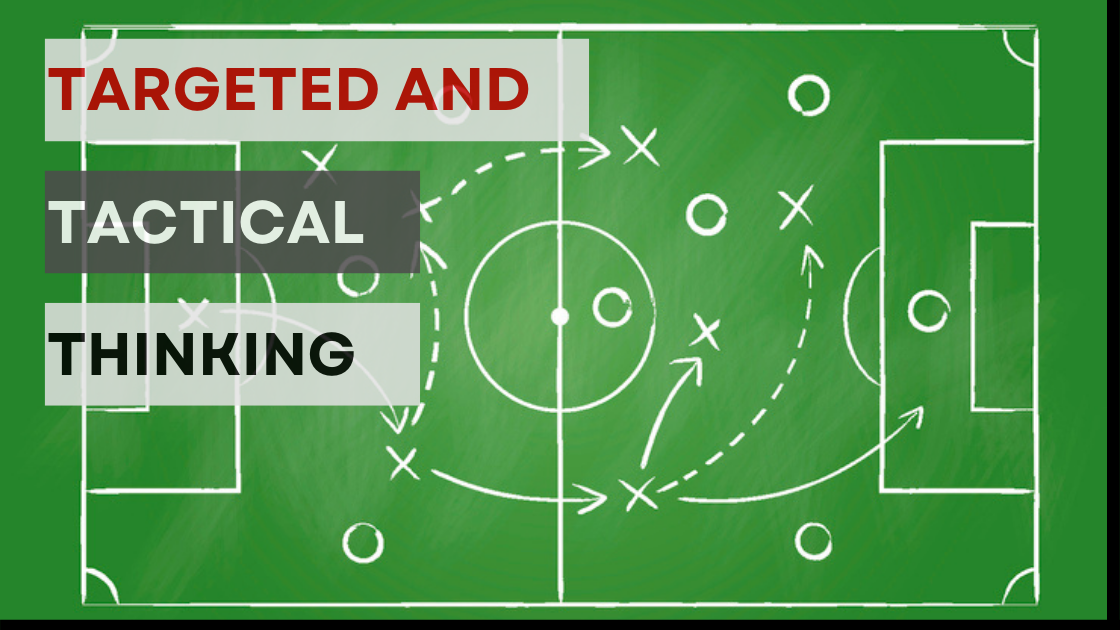What will your business look like in three years? Do you have a clear understanding of how your going to achieve your long-term goals? No-one can predict the future but a strategic business plan is a good place to start. But what is it?
What is Strategic Planning?
A strategic business plan is different to your standard business plan. A business plan focuses on a year at a time. It serves a specific goal such as starting a business, getting funding, or re-directing operations.
A strategic plan often covers a longer period looking 3-5 years ahead. It sets out tasks, milestones and the steps needed to drive your business to higher heights. Its a way in which businesses define their direction and work to understand what resources will be needed to implement a strategy over the longer-term. A strong strategic plan ensures that you and your employees have a clear picture of the business direction, better equipping your organisation to recognise relevant opportunities and adapt more quickly if the company is being pulled off track.
How can a Strategic Plan help your team?
A strategic business plan can help you and your team:
- Agree actions that will contribute to business growth. Achieving targets works best with consistent team effort and commitment. Having employees involved will not only improve their knowledge and understanding, but will help covert their buy-in to commitment.
- Ensure everyone is on track. A strategic plan that commits to a future vision actually helps to ensure teams are not distracted by good solutions or well meaning suppliers, that divert the company’s focus and attention.
- Make the most of resources. You may have 50 different resources, but you may only use 10. Do you actually need them all? It is important that you optimise and streamline systems based on company need. Unnecessary resource will tend to make you inefficient. Lean Management and Six Sigma principles can help with this.
- Eliminate any uncertainty. Maintaining a healthy relationship and open dialogue with your team is one way of putting rocket fuel beneath any strategic plan. You want your employees to feel that they can easily approach the business with suggestions for improvement. Equally, you do not want your teams to be caught out or left frustrated by surprises and significant changes they were not expecting.
- Understand potential risks and implementing control measures. Identifying potential road blocks that your business may face is highly important. In the process of planning further ahead and thinking about changes to resource, infrastructure requirements, staffing developments, and other ways in which the business will need to evolve, will invariably lead to the identification of gaps. These gaps present a risk or obstacle to the longer term business objectives and detailed plans will likely be needed for investing in these areas. All of which will require careful monitoring and control.

Why your business needs a Strategic plan?
- To be more proactive. A strategic plan has you consider the future (as robustly as possible) and prepare accordingly. It allows businesses to anticipate certain scenarios before they even arise and keep up with the ever-changing trends in the market. It helps you to stay one step ahead!
- Set the direction for your business. A strategic plan helps to define the direction in which your business is heading in. it establishes realistic objectives and goals to go with the vision you set out. A strategic plan offers a foundation from which you can grow or pivot, re-evaluate and hold to account.
- Increase operational efficiency. Setting out a roadmap guiding discussions and decision making, determining resource and budget requirements to accomplish objectives — increases operational efficiency.
- Increase in market share and profitability. Insights into market trends, consumer segments, as well as product and service offerings can help you determine what’s best for your business. Targeting specific areas based on your customer audience can hugely benefit your engagement and interaction quality, which ultimately leads to more sales.
- Make your business more durable. One in three companies that are leaders in their industry might not be there in the next five years… but the odds are in favour of those that have a strong strategic plan.
Supporting your plan
There are a variety of different approaches that can be used to implement your Strategic Plan. Key elements in a plan would include, vision statements, core values, clearly defined goals and objectives as well as action plans. You may also want to include an implementation schedule, key performance indicators (KPIs) and other accountability measures.
A Strategic plan doesn’t need to be a long tiresome process, it should be quick, simple, and easily executed. It isn’t just something you cross off your list. You need to train yourself and your team to think strategically, so it becomes a part of daily decision making.
Conclusion
Strategic planning is a team effort and commitment, it should be used as the foundation of your businesses success. Your employees need to have a good understand of the business; what its strong points are and what needs to be worked on. Setting overly ambitious goals could discourage you and your employees, so its important to make your goals realistic and achievable.
Keep in mind that a good plan is always flexible.
Tim Hatari
Tim Hatari helps businesses improve performance, creating strategic development plans and establishing structure via the 5PX Executive Business Coaching System. As CEO and Founder at TMD Coaching, he oversees the vision setting process with clients, leading on sales acquisition, the drive for operational excellence and market leading innovation. For Tim, helping others is the most rewarding part of the role. Follow or connect with Tim on Linkedin - www.linkedin.com/in/timhatari
View All ArticlesTopics from this blog: Business Planning, Strategy


.png?width=470&height=394&name=Join%20Quest%201.0%20(3).png)
%20v1.png?width=470&name=Blog%20Read%20(Strategic%20Planning)%20v1.png)
%20v1.png?width=470&name=Blog%20Read%20(Credit%20Control)%20v1.png)
%20v1.png?width=470&name=Blog%20Read%20(Managing%20Inflation)%20v1.png)
%20v1-1.png?width=500&height=266&name=Quest%20(Poster)%20v1-1.png)